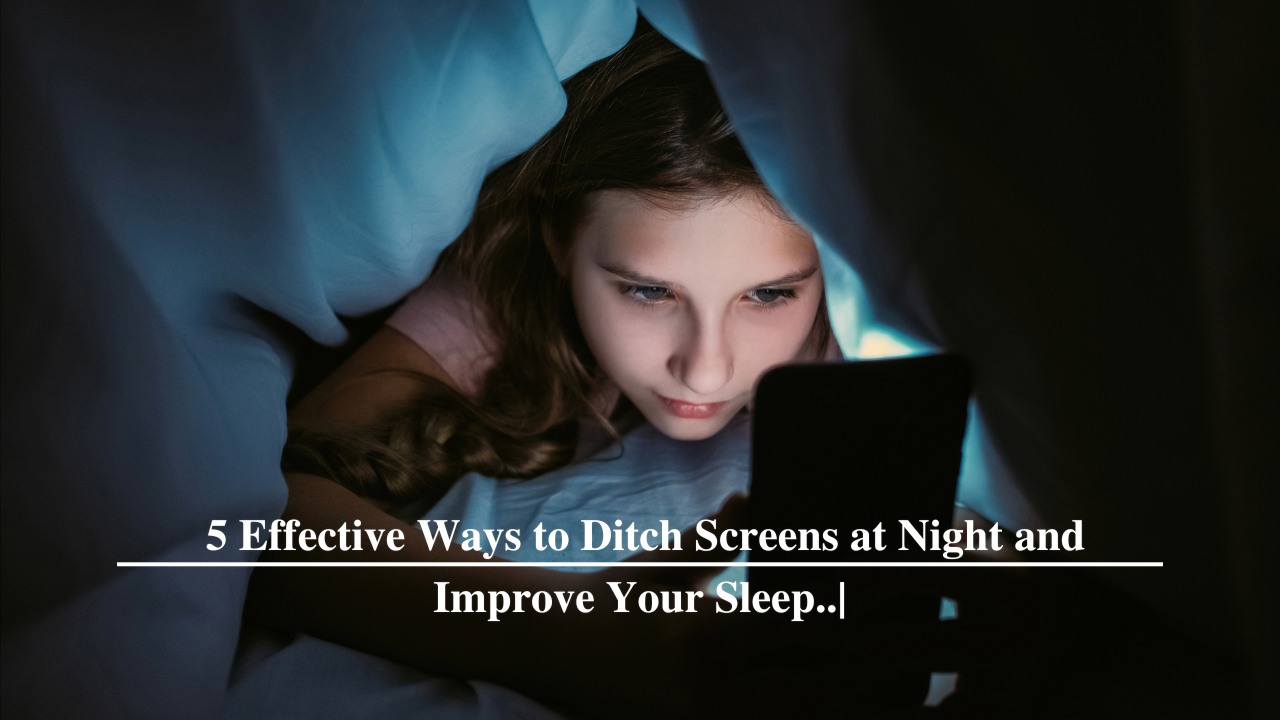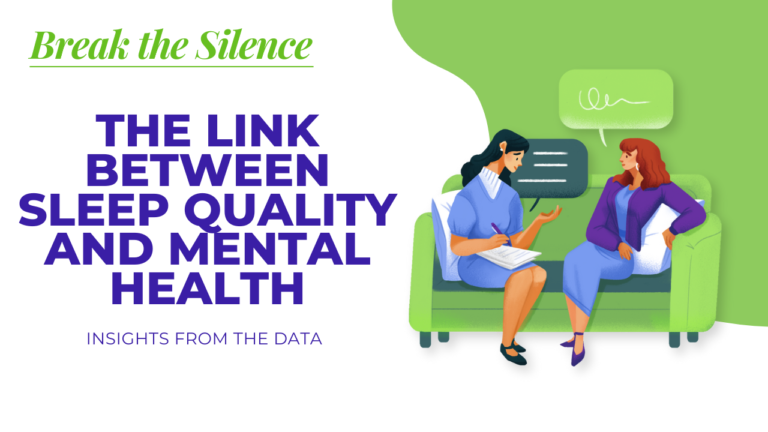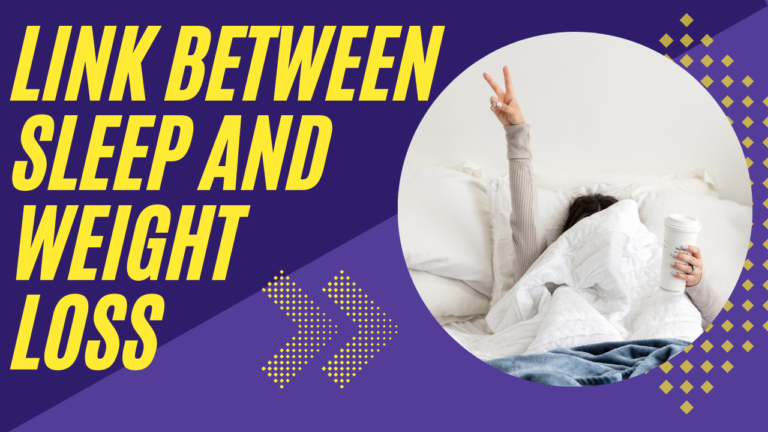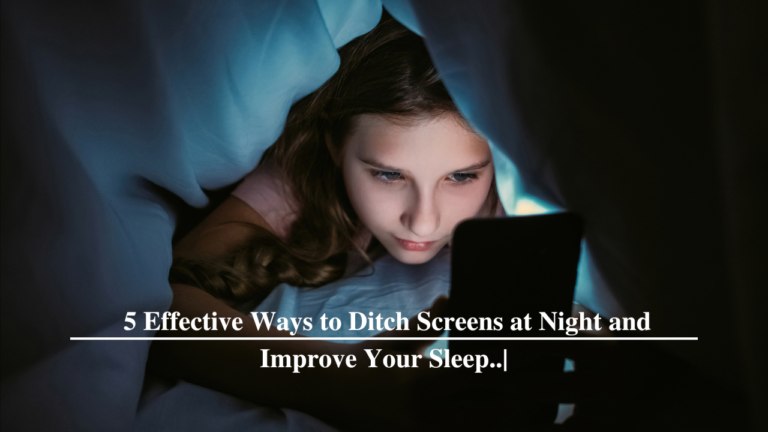
Introduction: In today’s digital age, it’s no surprise that many of us struggle with sleep. One of the major culprits affecting our sleep quality is screen time, especially in the hours leading up to bedtime. Research has shown that exposure to blue light emitted by smartphones, tablets, and computers can interfere with the production of melatonin, the hormone responsible for regulating sleep. If you’re looking to improve your sleep quality, it’s time to take control of your nighttime habits. In this blog post, we’ll explore five effective ways to ditch screens at night and get a better night’s rest.
1. Establish a Screen-Free Bedtime Routine
One of the most effective ways to improve your sleep is by creating a consistent bedtime routine that doesn’t involve screens. Try to set a “no screens” rule at least 30-60 minutes before bed. Instead of scrolling through your phone or watching TV, engage in relaxing activities like reading a book, listening to calming music, or practicing mindfulness meditation. These activities help to signal to your brain that it’s time to wind down, making it easier to fall asleep.
Tip:
If you need to wind down with a book, choose something light and enjoyable instead of stimulating thrillers or work-related reading, which might keep you awake longer.
2. Use Blue Light Filters or Night Mode
If you absolutely must use your devices at night, consider enabling a blue light filter or using night mode settings. Many smartphones, tablets, and computers come with built-in blue light reduction features that adjust the screen’s color temperature to warmer tones in the evening. This helps reduce the negative effects of blue light on your sleep patterns.
Tip:
There are also several third-party apps available that can further reduce blue light exposure, such as f.lux for computers or Twilight for Android devices.
3. Set a Technology Curfew
Set a technology curfew for yourself, ideally at least 1 hour before bed. This means turning off your electronic devices and avoiding any stimulating content such as social media or intense video games. Constant notifications or checking email can increase stress and keep you mentally alert, which is the opposite of what you want before bed.
Tip:
Consider setting an alarm or reminder on your phone to signal when it’s time to stop using screens and start your wind-down routine.
4. Create a Sleep-Inducing Environment
Your bedroom environment plays a major role in your ability to fall asleep. By reducing screen time and focusing on your surroundings, you can create a peaceful space conducive to rest. Ensure that your bedroom is dark, cool, and quiet. If you’re sensitive to light, consider using blackout curtains or an eye mask to block out light. Keeping your room clutter-free and introducing calming scents, such as lavender, can also enhance your sleep quality.
Tip:
Using a white noise machine or a calming app on your device (before your screen curfew) can help drown out distractions and promote relaxation.
5. Incorporate Relaxation Techniques
Incorporating relaxation techniques like deep breathing, progressive muscle relaxation, or gentle yoga can be incredibly effective in reducing the stress and anxiety that might keep you up at night. Practicing these techniques without screens can help you unwind both physically and mentally, making it easier to transition into sleep.
Tip:
Consider guided meditation apps, but remember to set a timer so that you aren’t tempted to continue scrolling once you start winding down.
Conclusion:
Ditching screens at night canrov significantly impe the quality of your sleep, which in turn enhances your overall well-being. By establishing a screen-free bedtime routine, using blue light filters, setting a technology curfew, optimizing your sleep environment, and incorporating relaxation techniques, you’ll be well on your way to enjoying better, more restful nights. Remember, consistency is key. Start by making small changes to your evening routine, and you’ll begin to notice the positive effects on your sleep and your health.
Call to Action: Ready to improve your sleep? Start implementing these strategies tonight and share your experience with us! Let us know which method worked best for you in the comments below.

















